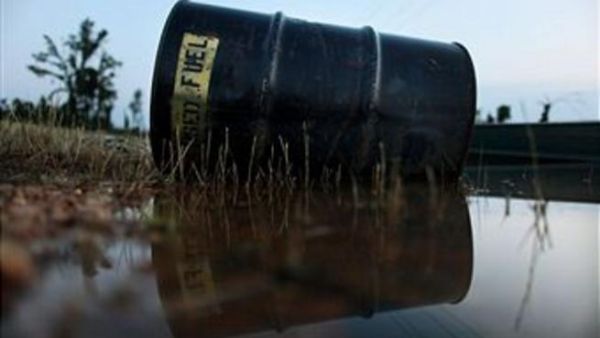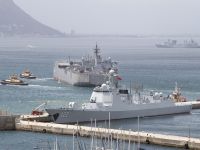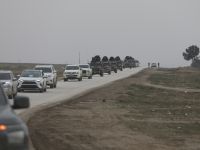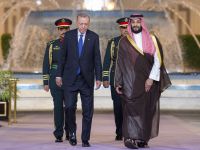OPEC crude output fell for a second month in July as Saudi Arabia cut production and Iran pumped less than Iraq for the first time in at least 20 years.
Iran cut September crude-price differentials to customers in Asia, following a similar decrease by Saudi Arabia, the world’s largest crude exporter.
The following is a weekly summary of Arab Gulf crude and product market news and forthcoming events:
The National Iranian Oil Co. lowered Iran Light to customers in Asia by 80 cents from August to $1.44 a barrel above the average of Middle East benchmark Dubai and Oman crudes. Saudi Arabian Oil Co., known as Saudi Aramco, lowered its Arab Light oil by the same amount. NIOC links its prices to those set by Saudi Aramco.
Iran Heavy was lowered by $1.20 to a discount of 39 cents a barrel and Forozan decreased by a similar amount to 18 cents below the marker grades. The Soroosh and Norooz grades to Asia will be priced at a discount of $5.60 a barrel to Iran Heavy, unchanged from this month.
Iranian output dropped for a second month to 2.9 million barrels a day as a European Union ban on the purchase of the nation’s oil took full effect on July 1. That’s down from a revised 3 million in June.
Saudi Arabia pumped 10 million barrels a day in July, unchanged from the previous month, according to the IEA. The kingdom pumped 9.8 million barrels a day in July, compared with 10.1 million in June.
Iraq’s crude-oil production rose to 3.2 million barrels a day and will increase as planned to 3.4 million barrels a day by year’s end. The country’s output has now surpassed that of Iran and Kuwait, according to Shahristani.
Iraq’s semiautonomous Kurdistan Regional Government said it resumed exports on Aug. 8 to help end a suspension that’s been in place since April because of a payment dispute with the central government in Baghdad.
Qatar Petroleum set its official price for July sales of Land crude oil at $100.55 a barrel. The Gulf emirate sets the July price for Marine crude at $99.75 a barrel.
Kuwait lowered the price differential for its crude sold to buyers in Asia during September to a discount of 50 cents a barrel to the average of the Middle East benchmark Dubai and Oman grades, said two people familiar with the decision, asking not to be identified because they aren’t authorized to speak to the media. The level was cut from a 70 cent premium for August.
Abu Dhabi National Oil Co. raised official selling prices for crude exports to Asia for the first time in four months as the profit from making diesel increased. Adnoc, as the state-run producer in the UAE is known, set its flagship Murban variety at $101.75 a barrel for July. That’s up $4.40, or 4.5 percent, from June. Lower Zakum was set at $101.30, Umm Shaif at $101.05 and Upper Zakum at $99.85.
A U.S. Navy destroyer collided with an oil tanker near the Strait of Hormuz in the Arab Gulf, a waterway carrying a fifth of the world’s traded oil.
Qatar International Petroleum Marketing Co., known as Tasweeq, is offering to sell six cargoes of Al-Shaheen crude, totaling 3.6 million barrels, for loading in October. Tasweeq also offered to sell decant oil and fuel oil for delivery in September.
The Aden Oil Refinery Co. bought gasoline and diesel from Vitol Group, Total SA, Trafigura Beheer BV, Independent Petroleum Group, B.B. Energy Trading Ltd. and Gulf Qatar Co.
The refiner agreed to buy the fuels for delivery to Yemen in August, September and October to cover anticipated shortages, Najeeb al-Aoje.
The refiner issued a tender on July 29 to buy 480,000 metric tons of diesel and 280,000 tons of gasoline for delivery in September and October.
South Korean oil refiners are set to conclude talks with Iran to use its tankers for importing crude after international sanctions prevented third-party shippers from getting insurance.
Saras SpA, an Italian refiner that reported a drop in second-quarter earnings, said it hasn’t paid all of its oil debts to Iran as international sanctions against the Arab Gulf country make bank transfers difficult.








